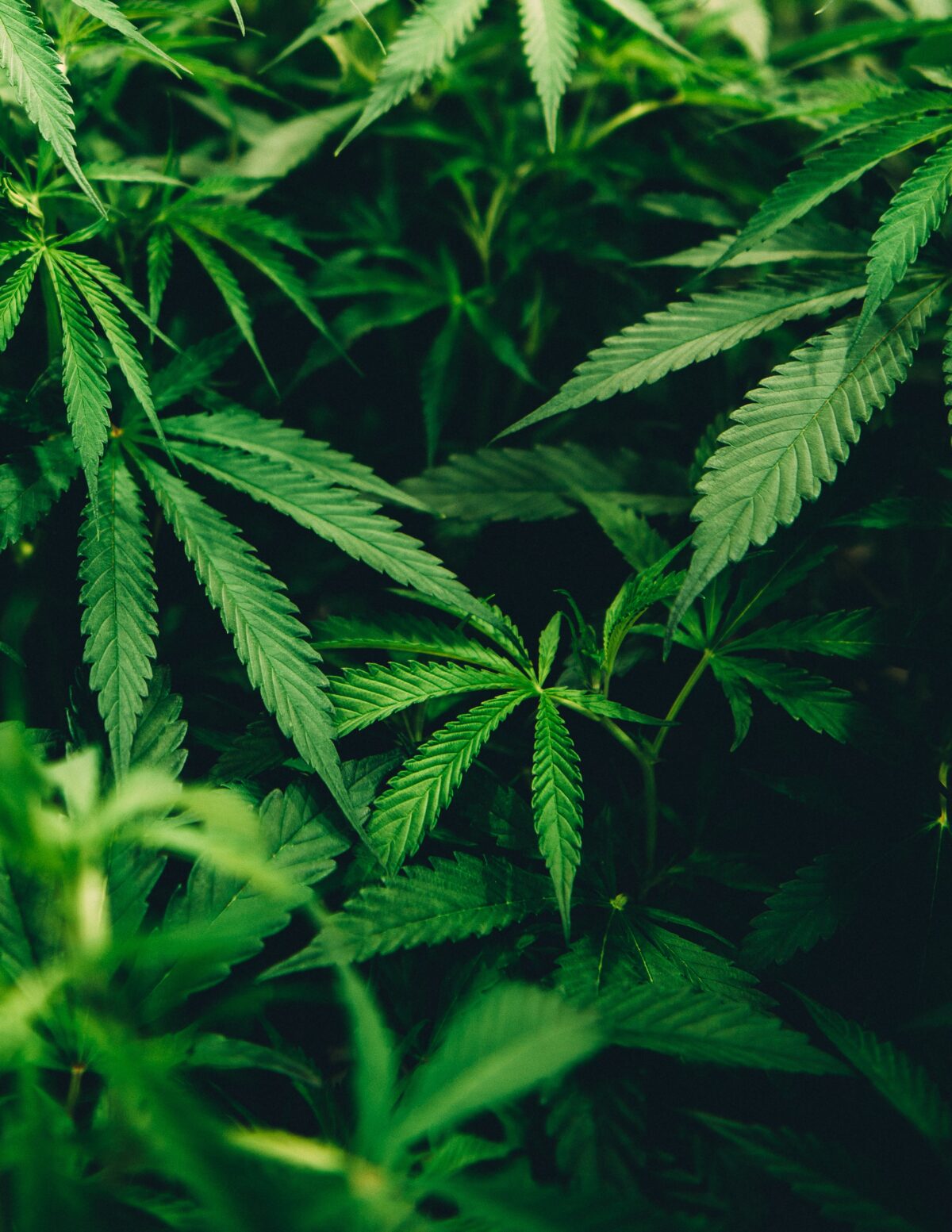Hemp cultivation in the United States has seen a resurgence in recent years, thanks to changes in legislation and a growing demand for products made from the plant. In 2018, When the Hemp Bill passed in America, we at Dr. Milo got straight to work experimenting with hemp oil in our home kitchen.
Hemp, a variety of the Cannabis sativa plant species, is grown for its seeds, fiber, and oils. It has been used for centuries in various industries, including textiles, construction, and food. Unlike its cousin marijuana, hemp contains very low levels of the psychoactive compound THC, making it legal to grow and use in the United States.
The 2018 Farm Bill, removed hemp from the list of controlled substances and classified it as an agricultural commodity. This change in legislation has opened the door for farmers to grow hemp and for companies to produce and sell hemp-derived products, such as Cannabidiol.
So how did this bill affect our land?
As a result, the number of acres dedicated to hemp cultivation in the US has risen dramatically in recent years. In 2019, there were 78,176 acres of hemp under cultivation in the United States, a nearly 200% increase from the previous year. As of 2021, more than half a million acres were being cultivated. This number continues to grow as the demand for hemp-based products increases.
Hemp is a versatile crop that can be grown for a variety of purposes, including food, fiber, and Hemp Oil. The seeds are a rich source of protein and healthy fats, making them popular in the food industry. The fibers can be used to make textiles, paper, and construction materials, while the oils can be used in personal care products, supplements, and even fuel.
Farming Hemp
Despite the growing popularity of hemp cultivation in the US, there are still challenges that farmers face. One of the biggest challenges is the lack of a consistent market for hemp products. This lack of a consistent market makes it difficult for farmers to plan and invest in their crops. Additionally, there is still a lack of research and information on the best practices for growing hemp, making it difficult for farmers to optimize their yields.
The Future of Hemp
The legalization of hemp cultivation in the United States has opened up many opportunities for farmers and businesses. The demand for hemp-based products is increasing, and the crop has the potential to be a valuable addition to the agricultural industry. However, farmers still face challenges, such as a lack of consistent market and a lack of research on best practices. With continued support and investment, the hemp industry in the US has the potential to continue to grow and thrive.
Article on Regenerative Hemp Farming




